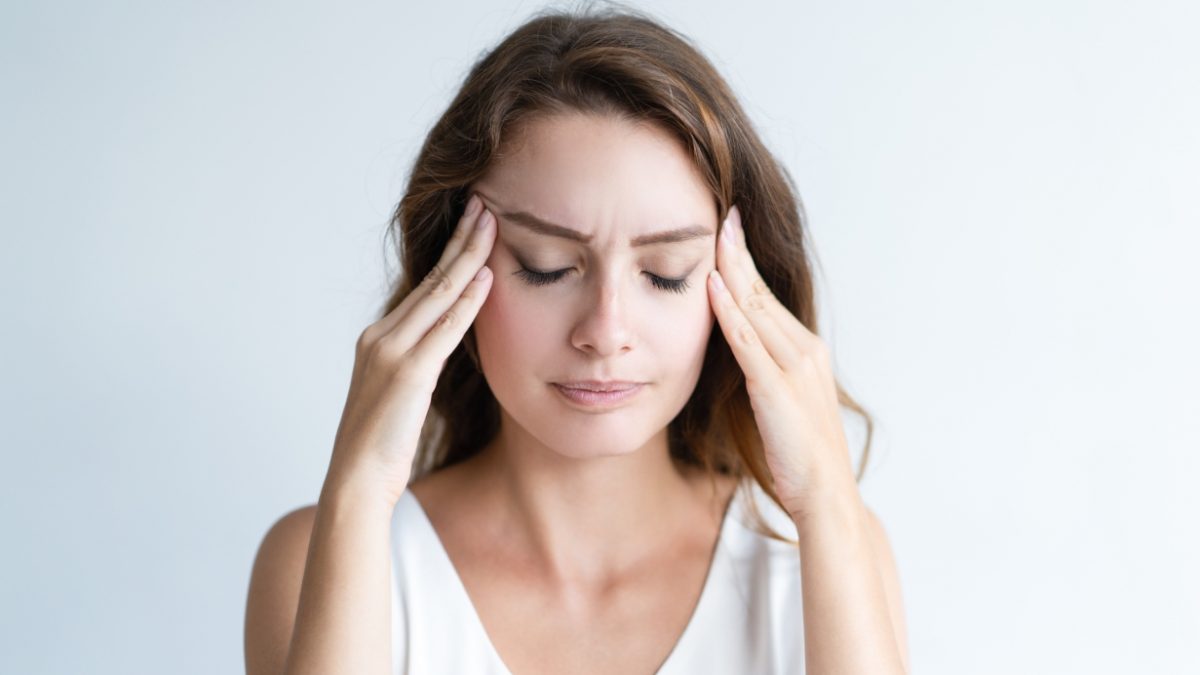When we experience a lot of stress during certain times in our life, free radicals increase and this affects our body in a negative way.
Oxidative stress caused by the production of more free radicals than the quantity the body can fight result in cell damage. Thus, the ageing process and the development of several degenerative diseases are both accelerated (e.g. cardiovascular diseases, diabetes, Alzheimer’s disease, multiple sclerosis etc.)
In order to fortify our body against oxidative stress, we must consume anti-oxidant substances, i.e. substances that act protectively against free radicals. The most common ones are vitamin C, selenium (Se), vitamin E, carotenoids and polyphenols found in food.
In other words, our diet is very important for the body’s anti-oxidation. For this reason, during periods of a lot of stress we should be even more aware of what we eat, consuming food rich in anti-oxidant substances:
- Citrus fruits: they are rich in vitamin C and polyphenols. We may consume them as they are or in juices.
- Dried fruits: especially plums and various berries are a good source of polyphenols and vitamin C. We can eat them as a snack or for breakfast with yoghurt and cereals.
- Green vegetables e.g. broccoli, spinach, cabbage. Broccoli is known for the protection it provides against cancer. However, all the other green vegetables contain enough quantity of carotenoids, flavonoids and other anti-oxidant substances. Therefore, a big bowl of salad on the side of our main meal is always a very wise choice.
- Green tea: it contains no calories and it is a drink with proven anti-oxidant benefits, mainly due to the catechins it contains, which belong to the group of polyphenols. We can have it instead of coffee or a soft drink, cold or hot with lemon and a dash of honey (optional).
- Red wine: just like grapes and currants, red wine is very beneficial for the health, as it is rich in quercetin, which belongs to the group of flavonoids. However, its excessive consumption should be avoided as it contains many calories. As a rule, 2 glasses per day for men and 1 glass per day for women are the recommended quantity.
- Spices and seasoning: They add flavour and aroma to our food. Clove, cinnamon, oregano, basil and many other spices and herbs used widely in Greece greatly increase the anti-oxidant capacity of our body. Latterly, turmeric is the spice known for its outstanding anti-oxidant and anticancer action. If we use spices when cooking, we can add a pinch of turmeric in soups, salads and cooked meals.
- Tomato: It is rich in lycopene, which belongs to the group of carotenoids. The quantity of lycopene increases when the tomato is cut and boiled, while it is better absorbed when there is oil. For this reason, we can include it either in a salad or in a sauce for our main meal.
- Olive oil and olives: They are rich in vitamin E and polyphenols. They are included in the Greek diet on a daily basis, however they are high in calories so they must be consumed in moderation.
- Fish and sea-food: Oily fish, e.g. salmon, anchovies, sword-fish, herring and shellfish are a good source of selenium. It is internationally recommended to consume 2 portions of oily fish per week.
- Dried fruits: although we do not opt for them frequently, they are rich in polyphenols, selenium and vitamin Ε. From the variety of dried fruits to choose from, walnuts are the best as they contain twice as much anti-oxidants compared to all the other dried fruits and nuts. Therefore, we may include a small quantity of dried fruits in our diet.






